Meet our WYA Interns: Zel Salcedo
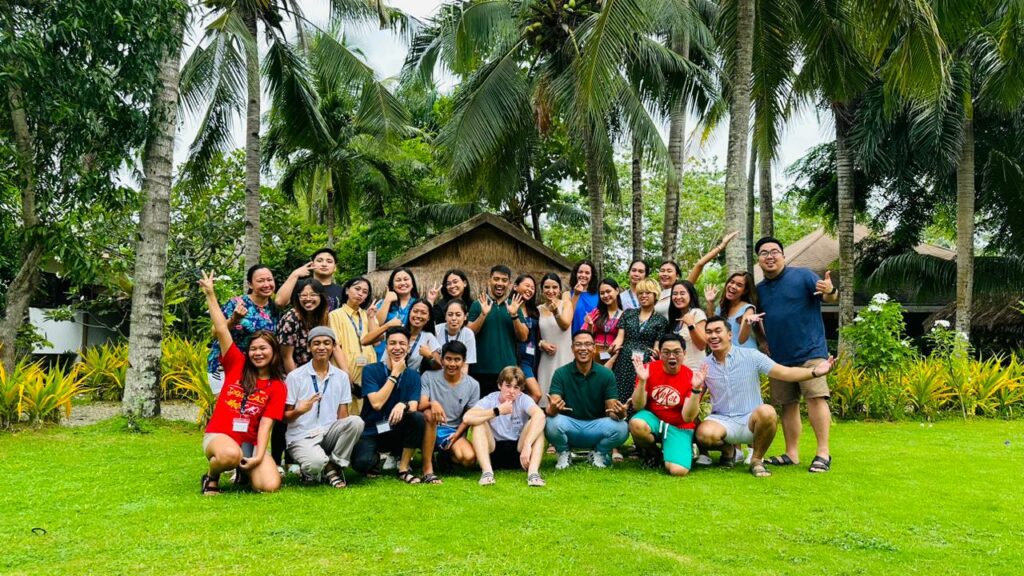
One intentional Google search gave Zel Salcedo, a resident of Quezon City, Philippines, a unique opportunity with her Bachelor’s Degree in Multimedia Arts specializing in Graphic Design. In 2020, Zel sought volunteer opportunities harmonizing with her career path and values. She plugged in Google keywords but expected little to pop up. And then she came […]
Little House, Big House (Nyumba Ndogo, Nyumba Kubwa)
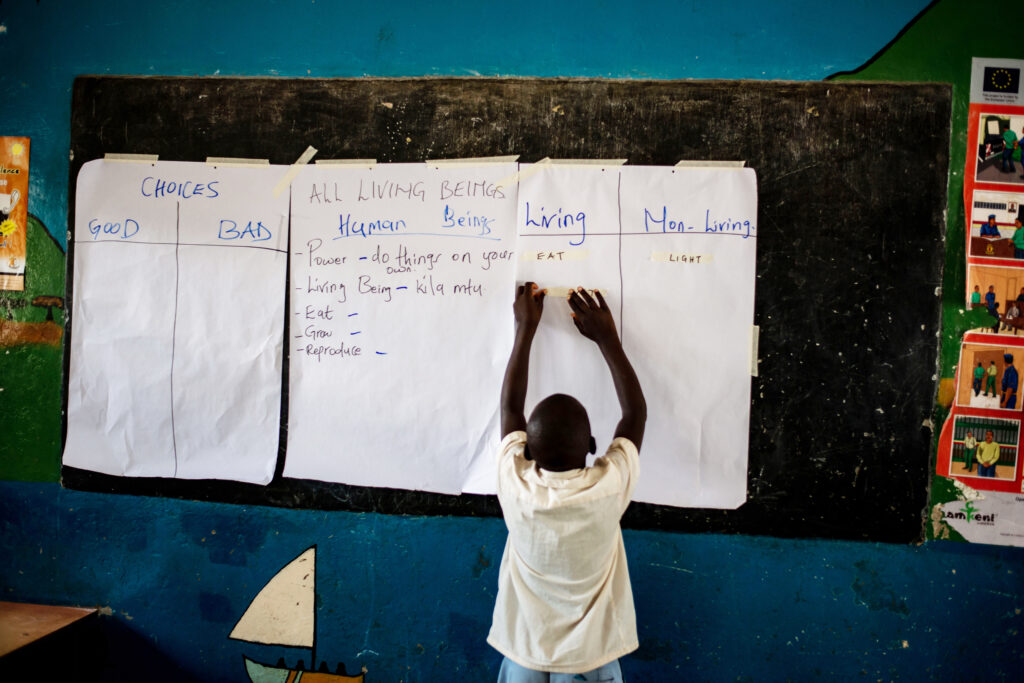
Kisumu Juvenile Remand Home is a place where children in conflict with the law are committed by court until their matters are finalized. Some are orphans, others are from situations of neglect, living on the street. At the Remand Home, they are safe, they have accommodation and food, and now they also know that they […]
Human Dignity Curriculum in Vietnam, Paraguay, and Venezuela

“Human dignity is the value we have had since we were a tiny little thing in our mother’s womb.” – Kindergarten student from Venezuela The World Youth Alliance (WYA) is on a mission to instill the values of human dignity in young minds across the globe through its Human Dignity Curriculum (HDC). This curriculum, designed […]
Sameyah and Serendipity, Ten Years Later
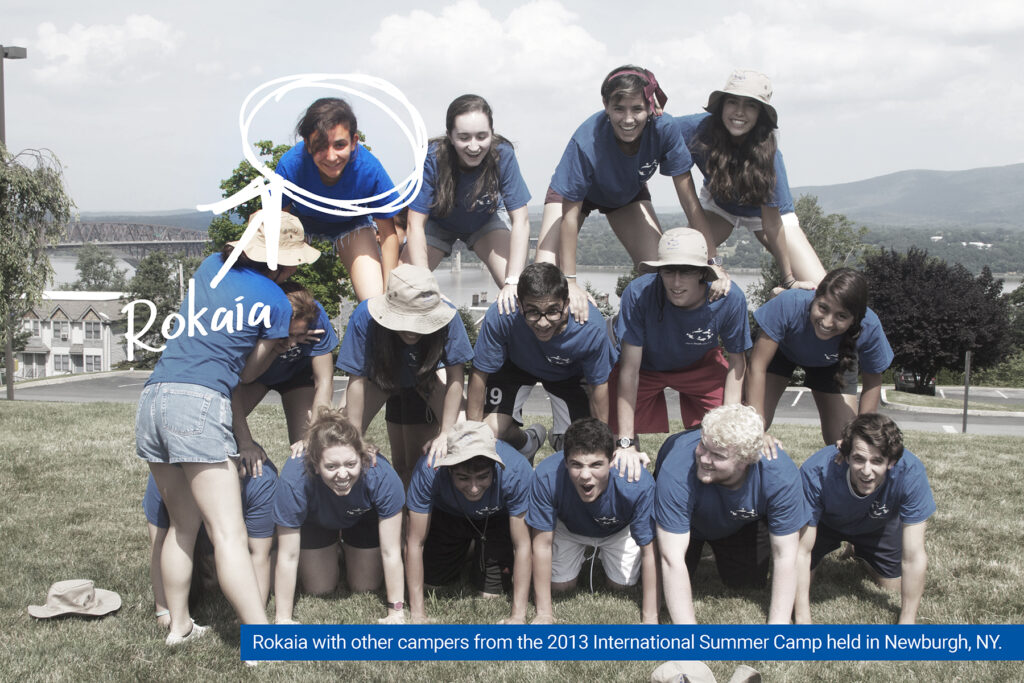
“The word I’m thinking of in Arabic is سامية or Sameyah which literally translates to ‘sublime’ but has a connotation of something that is of a high value,” says Rokaia Elhommosani, describing what WYA means to her as we reconnect over zoom. I first met Rokaia ten years ago, when she was just sixteen years […]
WYA Croatia and WYA Europe Host the 3rd International Summer School on Bioethics and Human Rights
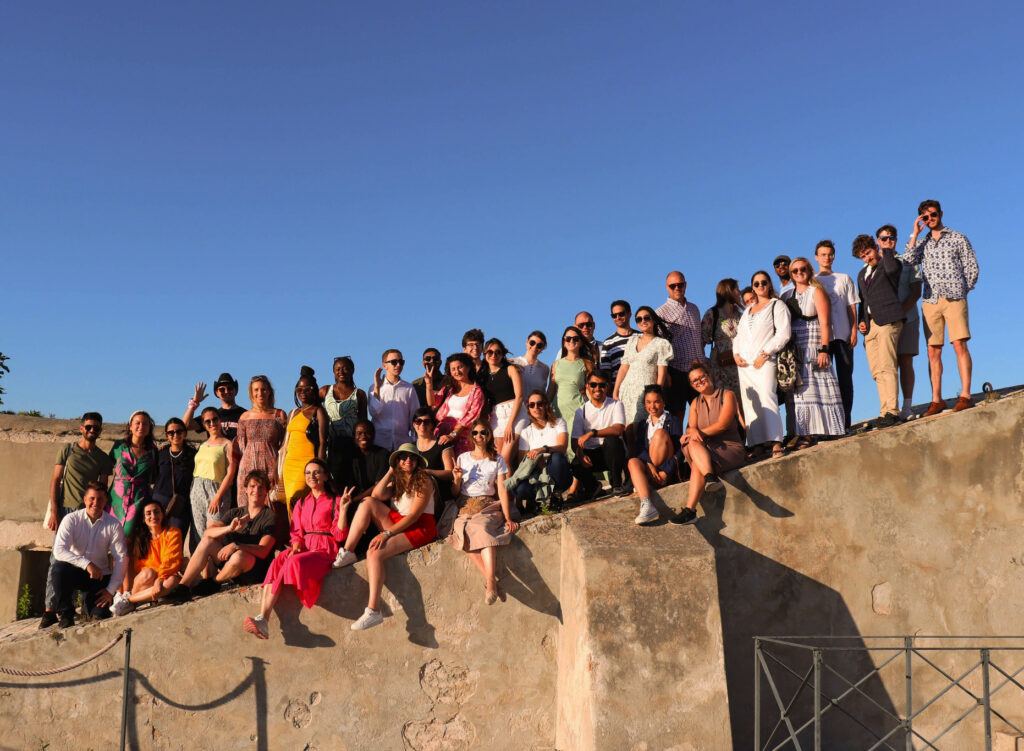
“Attending the WYA summer school was an incredible experience. I learned about human dignity, gained valuable skills, and connected with like-minded individuals. Young people should attend to grow, advocate for human rights, and make a positive impact”. –Rosanna Salvador, ISSBHR participant from Spain Early August 7th, 40 WYA members gathered in Šibenik, Croatia, to depart […]
WYA Welcomes 1,031 Members at the 2023 World Youth Day

World Youth Alliance (WYA) staff and members attended the 2023 World Youth Day in Lisbon, Portugal, held from August 1-6, 2023. The event recorded an attendance of over 1.5 million individuals from over 140 countries. It included a youth festival, a series of exhibitions and seminars, cultural events, and religious gatherings with Pope Francis. The […]
WYA Asia Pacific Hosts International Summer Camp in the Philippines

“Dignity gives the human person meaning in life. Without dignity, what is the meaning in life?” Aaron Halpine, an ISC Participant from Canada, shared. World Youth Alliance Asia Pacific (WYAAP) wrapped up its first-ever International Summer Camp (ISC) on July 15th, 2023 in Iloilo, Philippines. WYA members gathered in the Philippines on July 9th for […]
WYA Europe Down Syndrome Event Wins European Citizen’s Prize Award
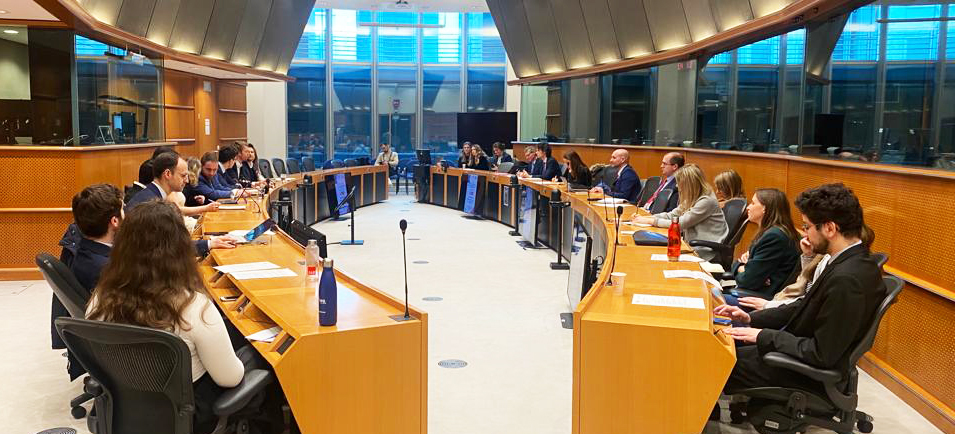
This past June, the Chancellery of the European Citizen’s Prize (ECP) awarded WYA Europe’s (WYAE) project, “Social Integration of Individuals with Trisomy 21 in European Society,” the European Citizen’s Prize Award for the year 2023 for the country of Belgium. The European Citizen’s Prize is an award given to those organizations that “contribute to European […]
WYA Leaders Discuss Foreign Aid and Coercive Policies in 20th ISF
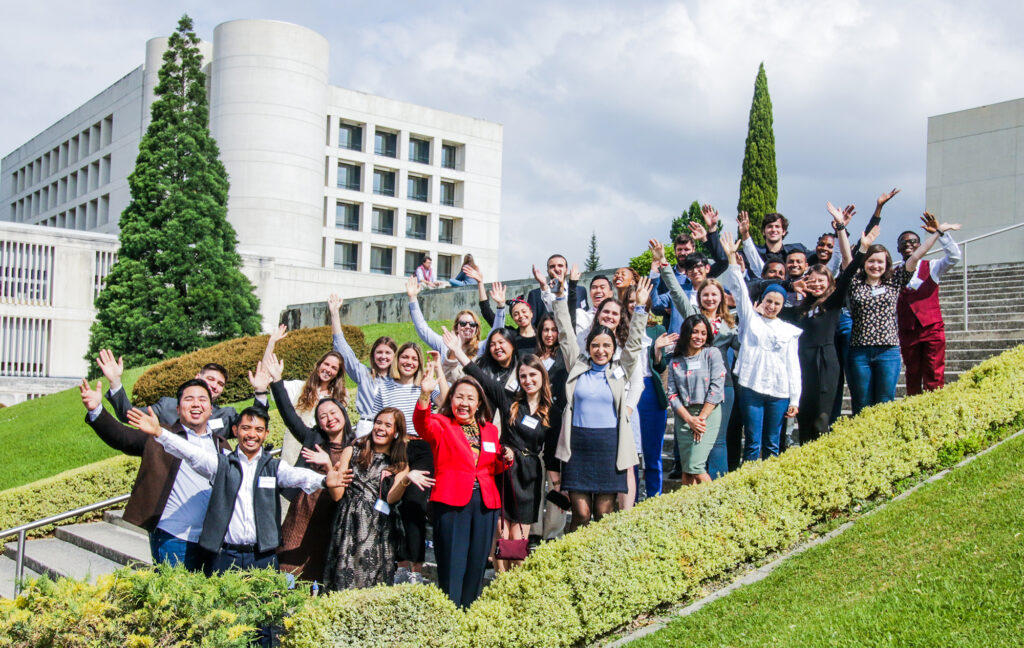
“We want a better world, and so we need to propose real solutions. This is where the work of WYA is so important. You’re never too small to speak up. Somebody has to,” said Sarah Flood-Beaubrun, former Ambassador to the United Nations in New York and former Minister of Foreign Affairs of Saint Lucia, at […]
WYA Europe Hosts Down Syndrome Conference in European Parliament
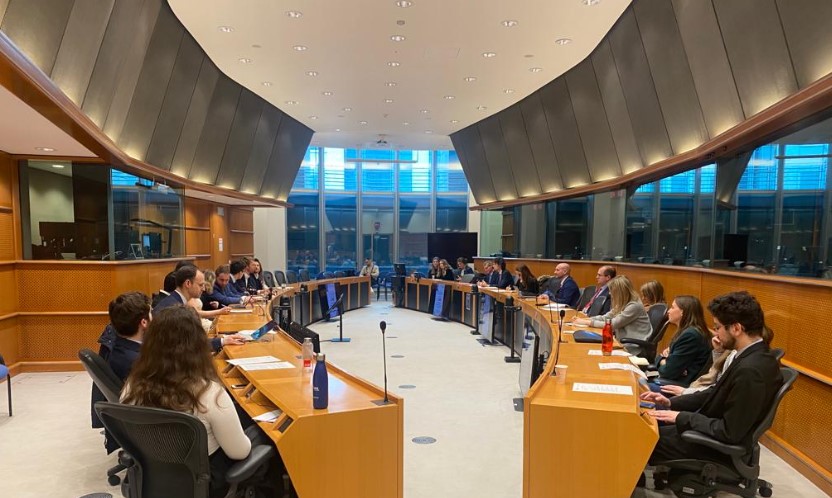
21 March 2023 – In celebration of World Down Syndrome Day 2023, World Youth Alliance Europe organized a conference on the topic of ‘Social Integration of Individuals with Trisomy 21 in European Society’ at the European Parliament in Brussels. The conference gathered over 40 attendees including several experts, civil society leaders, scholars, and Members of […]
